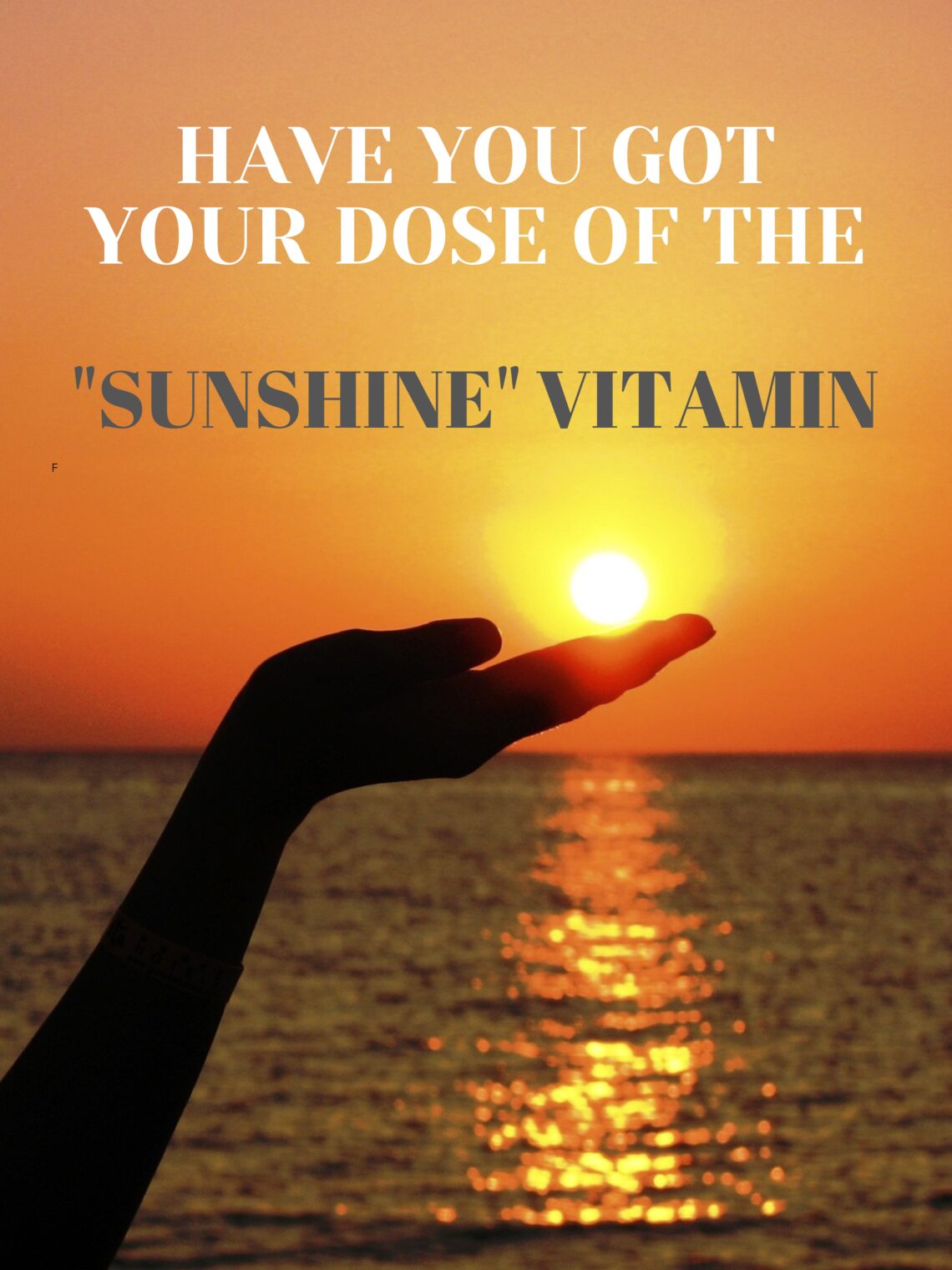All about “Sunshine” Vitamin: Vitamin D
There aren’t too many supplements that I routinely recommend to my clients. As a nutritionist, I believe that supplements are there to support a good diet and we should always attempt to get most of our nutrients from our diet first. When it comes to Vitamin D, however, I ensure that all my clients are on Vitamin D supplements.
Vitamin D is not very easy to obtain in our diet. Unless you drink a lot of milk, and I mean like 8-10 glasses, or eat fish every day, it’s impossible to get sufficient amount of it in your diet. The main source of Vitamin D production is the Sun. Vitamin D is produced by the cells in our skin when they are exposed to the UVB radiation from the sun and that’s why it’s known as the sunshine vitamin. People living in the northern hemispheres tend to have lower levels of Vitamin D in their blood because of reduced exposure to sunlight during the winter months.
So why do we need Vitamin D? Vitamin D is a fat-soluble vitamin that has many functions in the body. It is involved in reducing inflammation in the body. It promotes the absorption of calcium from the gut to support bone health. It is an immune modulator and is involved in supporting our immune system. It plays a role in glucose metabolism and cell growth and is involved in modulating the function of several genes in our body. Just about every cell in our body has receptors for Vitamin D and needs it to carry out its daily functions. The bottom line is that Vitamin D is very important and having a deficiency in it can put us at risk of suboptimal health.
What is quite relevant for us at this time is the role that Vitamin D plays in immune function and protecting us against respiratory infections. A meta-analysis done in 2017 showed that Vitamin D protects against common colds and flu which become prevalent around this time of the year. (https://www.bmj.com/content/356/bmj.i6583)
Since the start of the current pandemic, several retrospective studies have shown that having Vitamin D deficiency increases the risk of contracting the Coronavirus.(https://jamanetwork.com/journals/jamanetworkopen/fullarticle/2770157 )
This all makes sense because we know that Vitamin D plays an important role in the immune system and our immune system is the best defence we have against any virus or bacterial infection.
So how much should you be taking? I would recommend 1000 IU daily for adults. If you are elderly or you have other chronic medical conditions that may prevent Vitamin D absorption from the gut such as celiac disease, Crohn’s disease or Ulcerative colitis, then I would recommend 2000 IU daily during the winter months. The brand you choose doesn’t matter but its best to take it in a liquid formulation as it is better absorbed than the tablets.
Ideally, we would all like to travel south during the winter months to get our dose of the sunshine vitamin. Since travel is not an option at the moment, the next best thing to do is to embrace the winter and get ready with the sunshine vitamin in a bottle.
Yours in Health & Wellness
Aziza Amarshi, RPh, RHN
Pharmacist, Holistic Nutritionist

